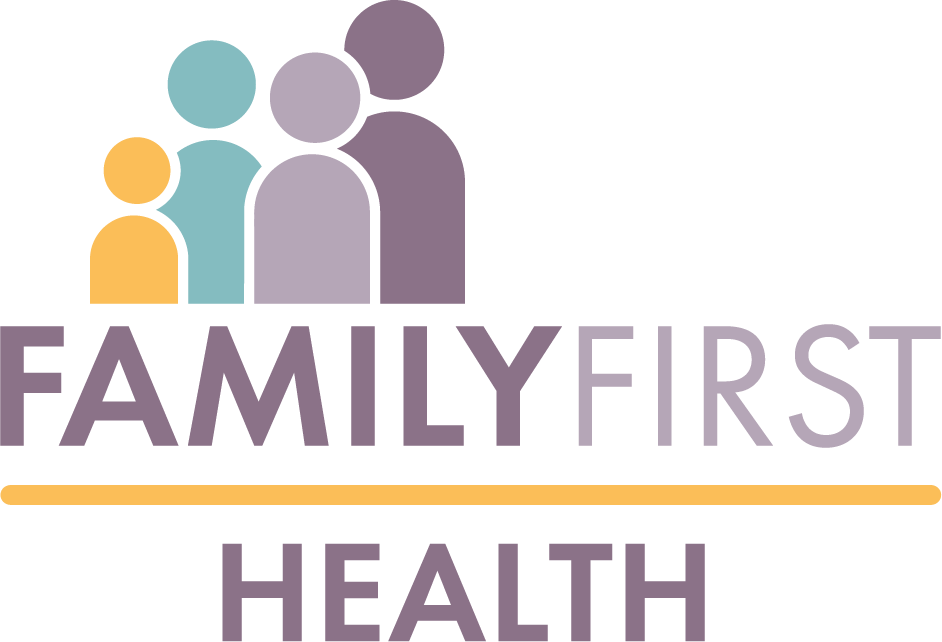If you’re feeling nervous as you approach your first OB appointment, you’re not alone. After taking an at-home pregnancy test, it’s normal to have lots of questions.
First, don’t delay your first OB appointment! Schedule a prenatal appointment as soon as you know you are pregnant. That way, you can begin care right away.
What should you expect at your first OB appointment? Here are a few things to keep in mind:
Your first OB appointment will likely be longer.
Your first OB visit is a great opportunity for your health care team to get to know you better. It’s also a time for you to get more comfortable with the nurses and providers caring for you and your baby.
If you’ve only seen your provider once a year, or you did not meet with certain members of your health care team prior to pregnancy, it’s important to build this relationship. After all, they’ll be caring for your health and the health of your baby!
Be prepared to start from the beginning.
Your OB will want to know any vital dates, including the date of your last menstrual period. They’ll also want to hear a pretty comprehensive medical history.
Consider bringing information or notes to help you remember specifics. This can be helpful both for your history and your family history. Also, bring a list of any medications you are currently taking and be sure to mention any medication allergies.
At your first OB appointment, your provider will confirm your pregnancy through a urine test. They will also perform a physical exam, including a pap smear, cervical cultures and possibly an ultrasound. They will also draw blood for several laboratory tests. These tests help to identify risks for any specific complications in your pregnancy.
Your OB will address any basic questions…
It’s common for you to have questions for your OB on diet, exercise and nutrition. What should you eat? What should you not eat? Often these are the first concerns when you become pregnant.
Your healthcare provider will likely also address safe use of over-the-counter medications or any environmental hazards, travel limitations and miscarriage precautions. They may also give recommendations for prenatal vitamins.
But don’t be afraid to add your own questions!
Every person is different, and every pregnancy is different. It is important to come to your first OB appointment with questions of your own. Also remember that your OB is your partner in this process. It’s important to be completely honest.
Don’t be afraid to ask:
- Who can I call if I have questions?
- How much weight should I be gaining?
- Do I need to change any habits regarding exercise, eating or lifestyle?
- Is it safe to ____________________ (Dye my hair? Lift heavy items? Etc.)
- How often do I need to schedule OB appointments moving forward?
Your healthcare provider may also be able to connect you with resources in the community to provide additional support, outside of your OB visits.
One such program, Connections For A Healthy Pregnancy, helps to guide expectant moms in their journey. This may include how to navigate appointments with different doctors or advice on healthy behaviors. The program also shares information on community resources — how do I apply for WIC? Where can I receive assistance with low-cost baby items or clothing? What if I need help getting to and from my OB appointments?
If you’re worried about your first OB appointment or support for your pregnancy, contact Connections For A Healthy Pregnancy today. Call Family First Health at 717-801-4812.
